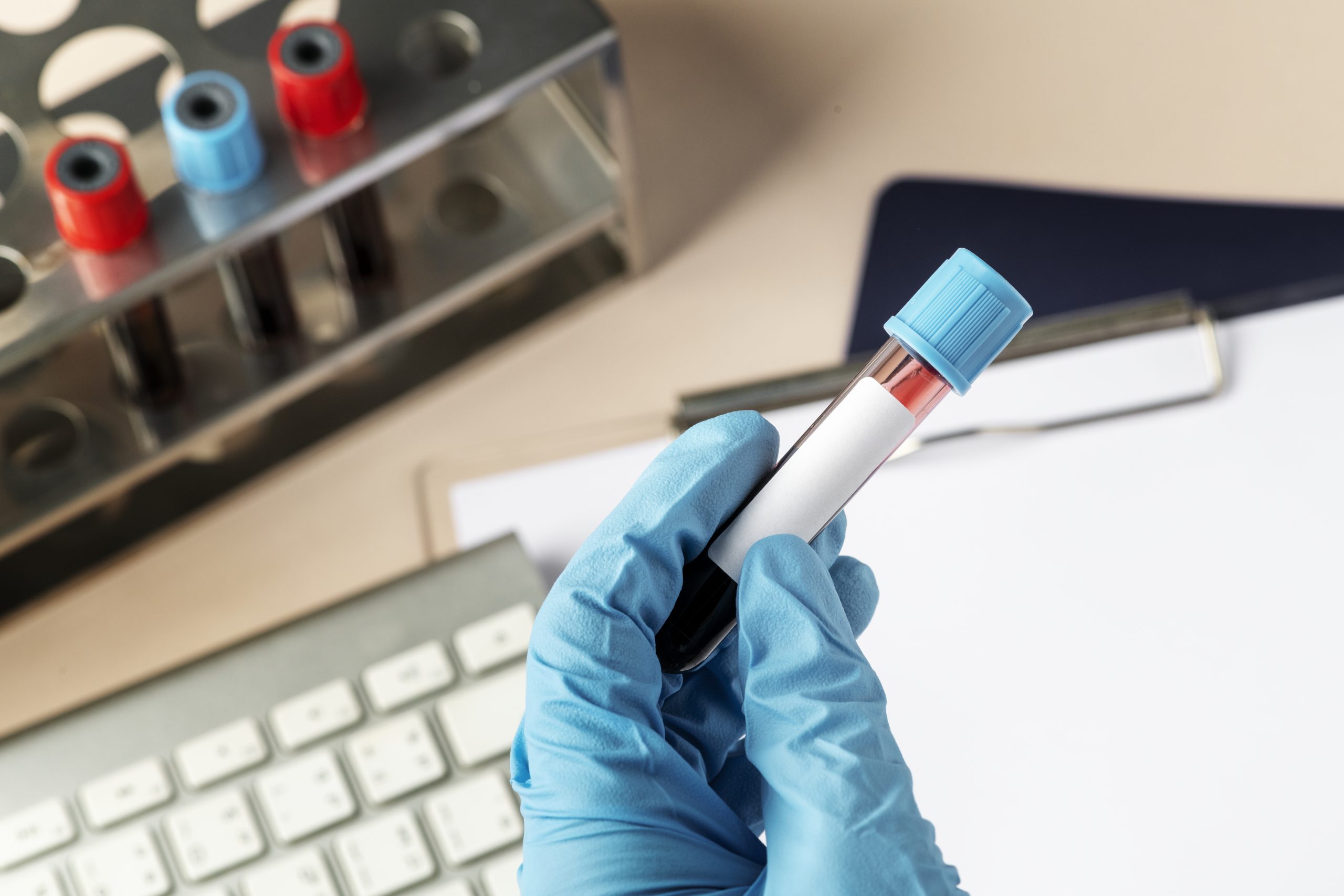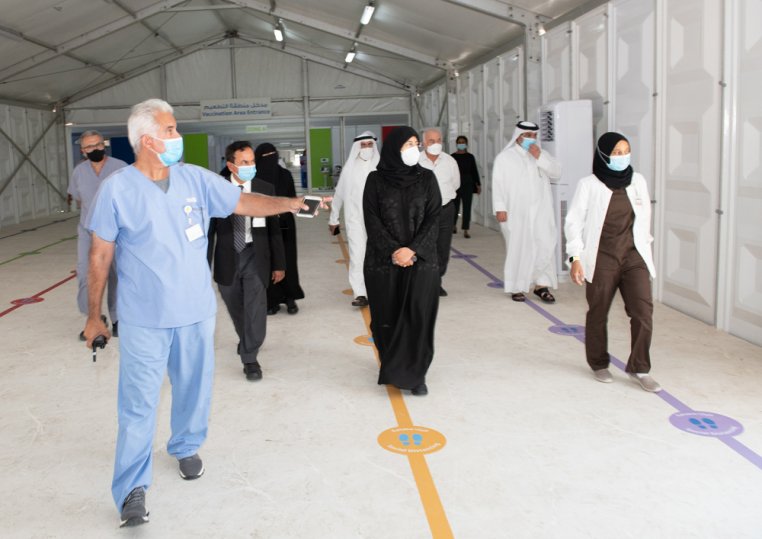In this blog, we focus on how to safely prepare and store raw meat, to avoid contamination and ensure that that vital nutrients aren’t lost in the preparation process.
Studies show that kitchens, particularly kitchen sinks can contain 100,000 times more germs that the bathroom! Germs such as E. coli, campylobacter and salmonella enter the kitchen on our hands, raw food and through our pets. If we are not careful, they can rapidly spread and your family may become ill with food poisoning, colds, flu and other conditions.
- Washing our hands: Our hands are one of the main ways that germs are spread, so it’s important to wash them thoroughly with soap and warm water before cooking, after touching the bin, going to the toilet, and before and after touching raw food.
- Preparation: Take particular care to keep raw food away from ready-to-eat foods such as bread, salad and fruit, you can do this by using different colored chopping boards. These foods won’t be cooked before you eat them, so any germs that get on to them won’t be killed.
- Washing meat – Yes or No?: Raw meat, including poultry, can contain harmful bacteria that can spread easily to anything it touches. This includes other food, worktops, tables, chopping boards and knives.
In many cultures, it common practice to wash raw meat like chicken or to soak red meats in salted water or vinegar for a long time before cooking. However several experts advocate that this is not necessary, as any germs that are on the meat will be killed if you cook the meat thoroughly. In fact, if you do wash chicken you could splash germs on to the sink, worktop, dishes or anything else nearby. Many experts recommend not washing chicken (particularly the prepackaged pieces that are available from supermarkets). Should you choose to wash your chicken, it is important to thoroughly clean and disinfect the sink and worktop.
Experts also note that washing or soaking red meats will also remove much of the blood which contains the essential mineral iron. As red meats are the main source of iron, this practice over time can result in iron deficiency anemia. This can be exacerbated in at risk groups; women, infants and children where if left untreated, iron deficiency anemia can cause heart problems, increased risk of premature birth or low birth weight babies in pregnant women and poor growth in infants and children.
- Storage: Some people believe that freezing chicken kills germs such as Campylobacter. The freezing process does reduce Campylobacter levels, but does not eliminate it completely; the safest way to kill all traces of Campylobacter is by cooking poultry thoroughly. Be sure to document the date that you freeze the meat. If the meat is not consumed within 3 months it should be thrown away.
When storing raw meat, always keep it in a clean, sealed container and place it on the bottom shelf of the fridge, where it can’t touch or drip on to other foods.






Leave A Comment
You must be logged in to post a comment.